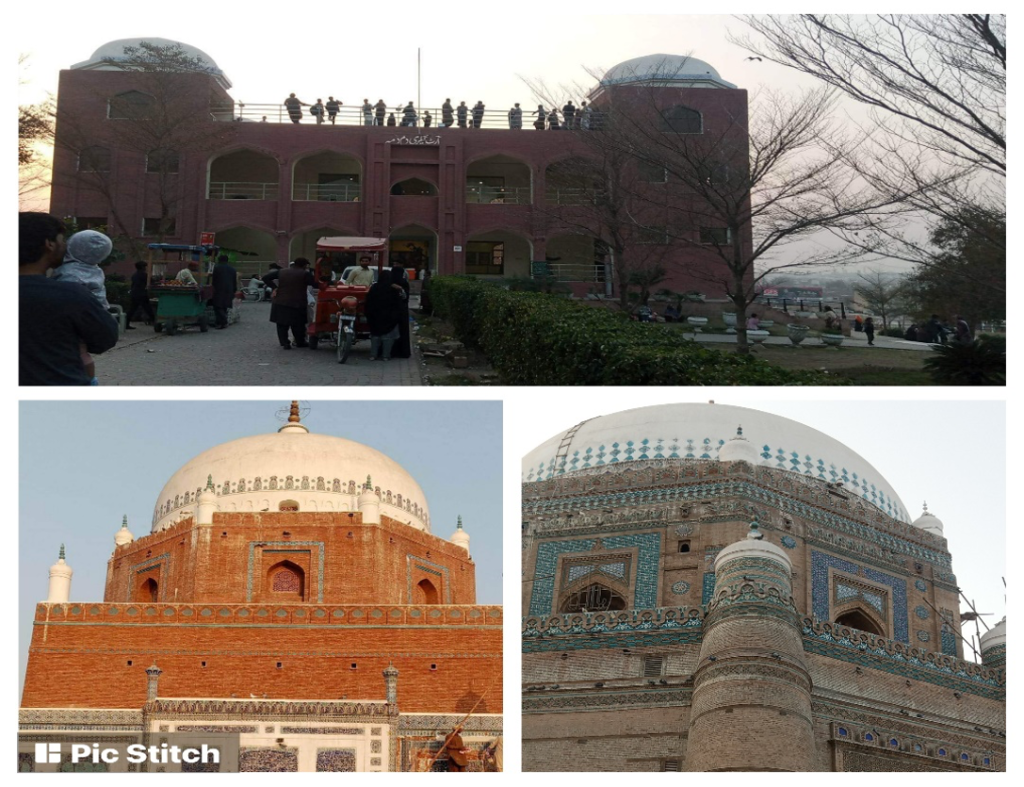
Multan is among the oldest cities in Pakistan. Due to its rich history, cultural heritage, and large number of shrines, it is often referred to as the ‘City of Pirs and Shrines’. The city also holds another distinction, as it is among the hottest cities in the country, with excruciatingly high temperatures in the summer. Therefore, this article will focus on the summer season in Multan and how stark increases in temperature due to climate change have resulted in major health problems, especially among the city’s most underprivileged residents, that is, those living in urban slums.
Summer is a season during which the temperature tends to be very high, especially in the month of June. In Multan, the summer season lasts for generally six to eight months, taking up a major chunk of the annual calendar. This makes summer the longest season of the year for the residents of this city. Consequently, this warm climate has become synonymous with Multan itself. In fact, not only does Multan rank among the hottest cities in Pakistan, but it also ranks among the hottest cities across the world.
However, in recent years, a more alarming trend has emerged. While Multan has always been characterized as a warm city, temperatures have become unbearably high, breaking long-held records. Scientists and environment experts have attributed this to climate change, which has emerged as one of the biggest crises facing Pakistan today. Rampant deforestation in Multan is the primary driver of climate change in the city. If one were to look at pictures of old Multan, there was a lot of greenery, with beautiful forests around the city and even many mango trees inside Multan itself. Unfortunately, all of that has been cut down to make space for Multan’s rapid urban expansion as many new housing societies are being built on the outskirts of the city, which was once home to so many trees and plants.

As a result of this extreme heat, the health of many of Multan’s citizens has been greatly affected. This is most evident in the hottest months of the year, June and July, where adults, children and especially the elderly are affected by dehydration, rashes, and even heat stroke. At the forefront of these health challenges are those living in urban slums. When temperatures rise to 47.2°C, it can make day-to-day life extremely difficult for an already vulnerable group.
The living conditions in slums are unsanitary, cramped, overcrowded, and often devoid of basic hygiene facilities and municipal services. During the extreme heat in the summer months, innumerable cases of heatstroke and heat exhaustion were seen in slum residents. Due to their extreme poverty, they lack access to not only air-conditioning, but high electricity bills can make it difficult to even use fans. Their makeshift homes are also poorly ventilated due to lack of space and extreme population density, exacerbating the situation and also causing respiratory diseases.
Slum residents also lack clean drinking water and healthy, nutritious food, especially during the summer season. This results in extreme dehydration. Many children are affected, with dry mouth and lips, and increased thirst. Health specialists state that children may urinate less frequently, possibly leading to infections and other health risks.
Some experts predict that if the temperature in Multan continues to rise at the same level currently, then in the next ten years it will be extremely difficult to live there. This situation should serve as a wake-up call for not only the residents of Multan but also policymakers and the government. If drastic steps are not taken, many problems related to agriculture, health, livelihoods, and even daily routine will continue to grow. Efforts must be made for the reforestation of Multan and tree-planting should be increased, encouraged, and incentivized by the government, the civil society, and the general public. Only through collaborative, coordinated and collaborated efforts can this pressing issue be handled and circumvented.
—
Amna Shakeel is a student at the Women University Multan. She was trained on citizen journalism and climate change awareness under SSDO’s project: “Youth for Civic Action and Reporting on Climate Change through Citizen Journalism in Pakistan”, funded by the Commonwealth Foundation.

